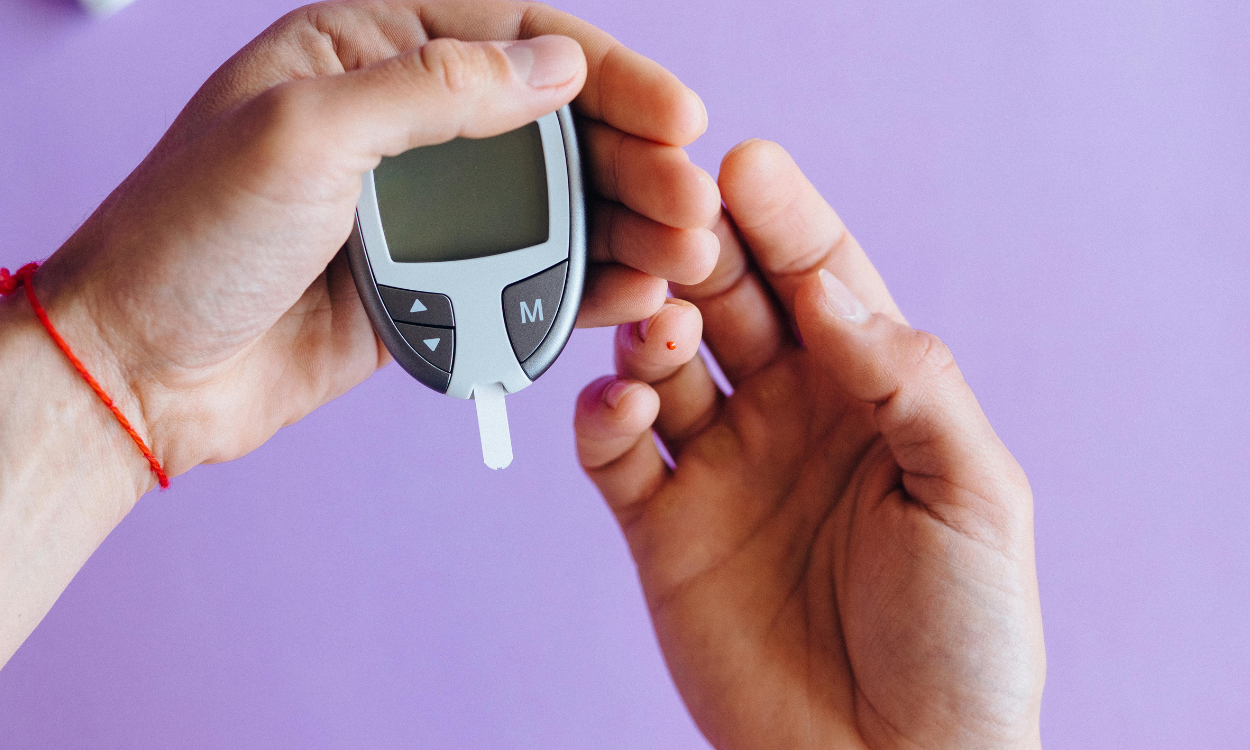Understanding Kidney Disease: A Comprehensive Guide
Kidney disease is a serious health condition that affects millions of people worldwide. Understanding kidney disease is crucial for early detection, effective treatment, and better management of the condition. This comprehensive guide aims to provide an in-depth understanding of kidney disease, covering its causes, symptoms, types, treatment options, and preventive measures.
Table of Contents
What is Kidney Disease?
Kidney disease, also known as renal disease, occurs when the kidneys are damaged and unable to filter blood effectively. The kidneys play a vital role in maintaining overall health by filtering waste products, balancing fluids, regulating blood pressure, and producing hormones that control red blood cell production. Understanding kidney disease involves recognizing that when the kidneys lose their ability to perform these functions, it leads to the accumulation of waste and excess fluids in the body, which can be life-threatening if not managed properly.

Causes of Kidney Disease
Understanding kidney disease requires knowledge of its various causes. Kidney disease can be triggered by a number of factors, including:
- Diabetes: High blood sugar levels can damage the kidneys over time, leading to diabetic nephropathy, a common cause of kidney disease.
- High Blood Pressure: Chronic hypertension can damage the blood vessels in the kidneys, reducing their ability to function properly.
- Glomerulonephritis: This is an inflammation of the kidney’s filtering units, known as glomeruli, which can lead to chronic kidney disease.
- Polycystic Kidney Disease (PKD): A genetic disorder that causes cysts to form in the kidneys, leading to impaired kidney function.
- Kidney Infections: Recurrent kidney infections, or pyelonephritis, can cause permanent kidney damage.
- Autoimmune Diseases: Conditions like lupus can affect the kidneys and lead to kidney disease.
- Obstructions: Conditions such as kidney stones, enlarged prostate, or tumors that block the urinary tract can also cause kidney disease.
Symptoms of Kidney Disease
Understanding kidney disease also involves being aware of its symptoms, which can vary depending on the stage of the disease. In the early stages, kidney disease may not cause any noticeable symptoms. However, as the disease progresses, symptoms may include:
- Fatigue: A constant feeling of tiredness due to the buildup of waste products in the blood.
- Swelling: Fluid retention in the body, leading to swelling in the legs, ankles, feet, and face.
- Urinary Changes: Changes in the frequency, color, or odor of urine, including foamy urine or blood in the urine.
- Shortness of Breath: Difficulty breathing due to fluid buildup in the lungs.
- Nausea and Vomiting: A common symptom in the later stages of kidney disease due to the accumulation of toxins.
- Loss of Appetite: Reduced desire to eat, often accompanied by a metallic taste in the mouth.
- Muscle Cramps: Electrolyte imbalances can cause muscle cramps, particularly in the legs.
Types of Kidney Disease
Understanding kidney disease involves recognizing the different types, each with its own causes and treatment approaches. The main types include:
- Chronic Kidney Disease (CKD): This is the most common type of kidney disease, characterized by gradual loss of kidney function over time. CKD can progress to end-stage renal disease (ESRD) if not managed properly.
- Acute Kidney Injury (AKI): AKI is a sudden and often reversible loss of kidney function, usually caused by severe dehydration, infection, or injury.
- Polycystic Kidney Disease (PKD): A genetic disorder that leads to the growth of numerous cysts in the kidneys, causing them to enlarge and lose function over time.
- Glomerulonephritis: An inflammation of the kidney’s filtering units, leading to reduced kidney function and, in some cases, chronic kidney disease.
- Kidney Stones: Hard deposits of minerals and salts that form in the kidneys and can cause pain, infection, and damage to the kidneys if not treated.
Diagnosis and Treatment of Kidney Disease
Understanding kidney disease also involves knowing how it is diagnosed and treated. Diagnosis typically involves a combination of blood tests, urine tests, imaging studies, and sometimes a kidney biopsy to determine the extent of kidney damage.
Treatment of Kidney Disease depends on the underlying cause and the stage of the disease. Some common treatment options include:
- Medications: Depending on the cause, medications may be prescribed to control blood pressure, manage blood sugar levels, reduce inflammation, or treat infections.
- Lifestyle Changes: Diet and exercise play a crucial role in managing kidney disease. A kidney-friendly diet low in sodium, potassium, and phosphorus is often recommended.
- Dialysis: In cases of severe kidney disease or end-stage renal disease, dialysis may be required to artificially filter waste products and excess fluids from the blood.
- Kidney Transplant: For some patients, a kidney transplant may be the best option, offering the possibility of a longer, healthier life.
Preventing Kidney Disease
Understanding kidney disease also means knowing how to prevent it. While some risk factors, such as age and genetics, cannot be controlled, there are several steps you can take to reduce your risk:
- Manage Blood Pressure: Keeping blood pressure under control is one of the most effective ways to prevent kidney disease.
- Control Blood Sugar: If you have diabetes, managing your blood sugar levels can help prevent kidney damage.
- Stay Hydrated: Drinking plenty of water helps the kidneys function properly and flushes out toxins.
- Avoid Overuse of Painkillers: Non-prescription pain medications like ibuprofen and aspirin can damage the kidneys if used excessively.
- Quit Smoking: Smoking can damage blood vessels and reduce blood flow to the kidneys, increasing the risk of kidney disease.
- Maintain a Healthy Weight: Obesity is a risk factor for both diabetes and high blood pressure, both of which can lead to kidney disease.
- Regular Check-ups: If you are at risk of kidney disease, regular check-ups with your healthcare provider can help detect any problems early on.
Conclusion
Understanding kidney disease is essential for early detection, effective treatment, and improved quality of life. By being aware of the causes, symptoms, and types of kidney disease, you can take proactive steps to protect your kidneys and maintain overall health. Remember that prevention is key, and by making healthy lifestyle choices, you can reduce your risk of developing kidney disease. If you or a loved one is experiencing symptoms of kidney disease, seek medical attention promptly to ensure the best possible outcome.
4o






One thought on “Understanding Kidney Disease: A Comprehensive Guide”